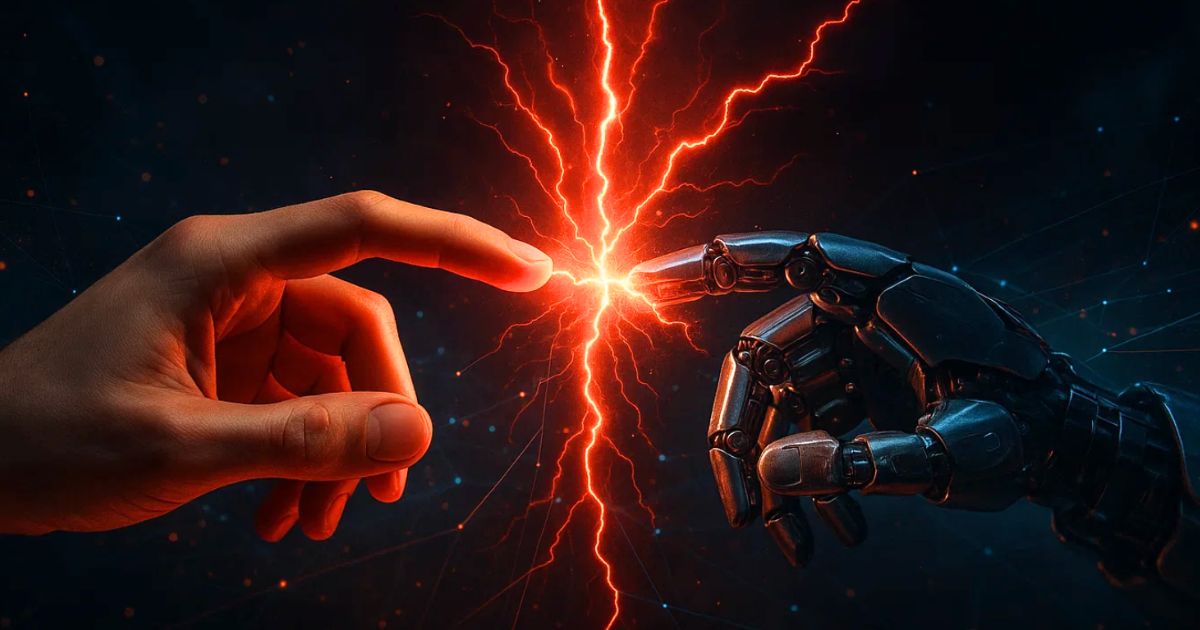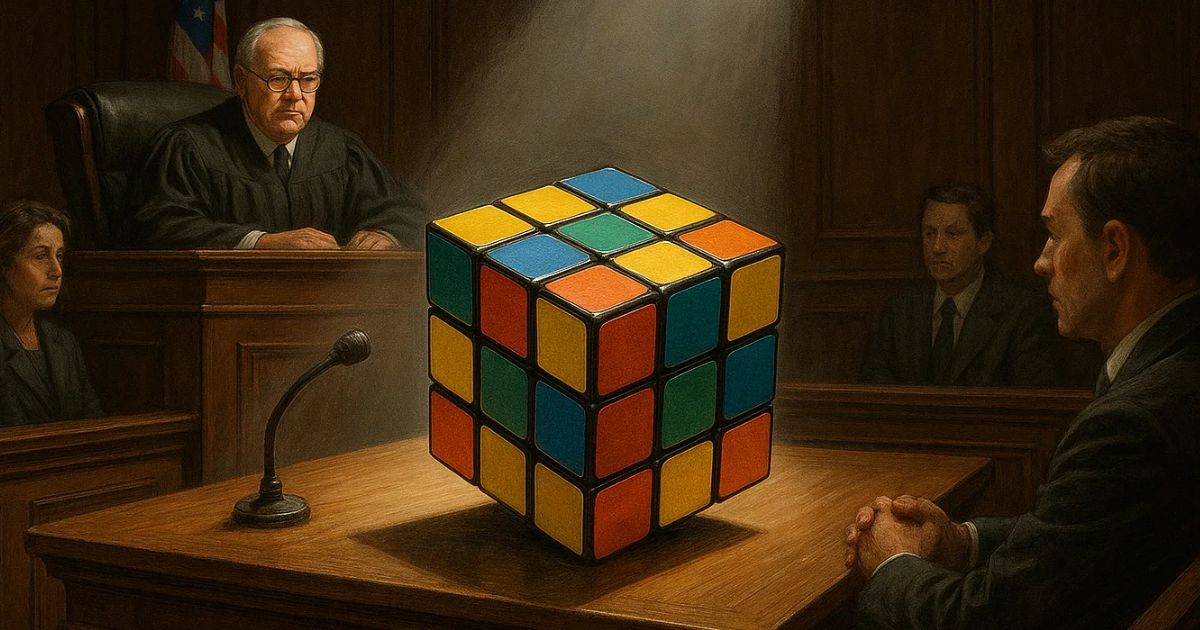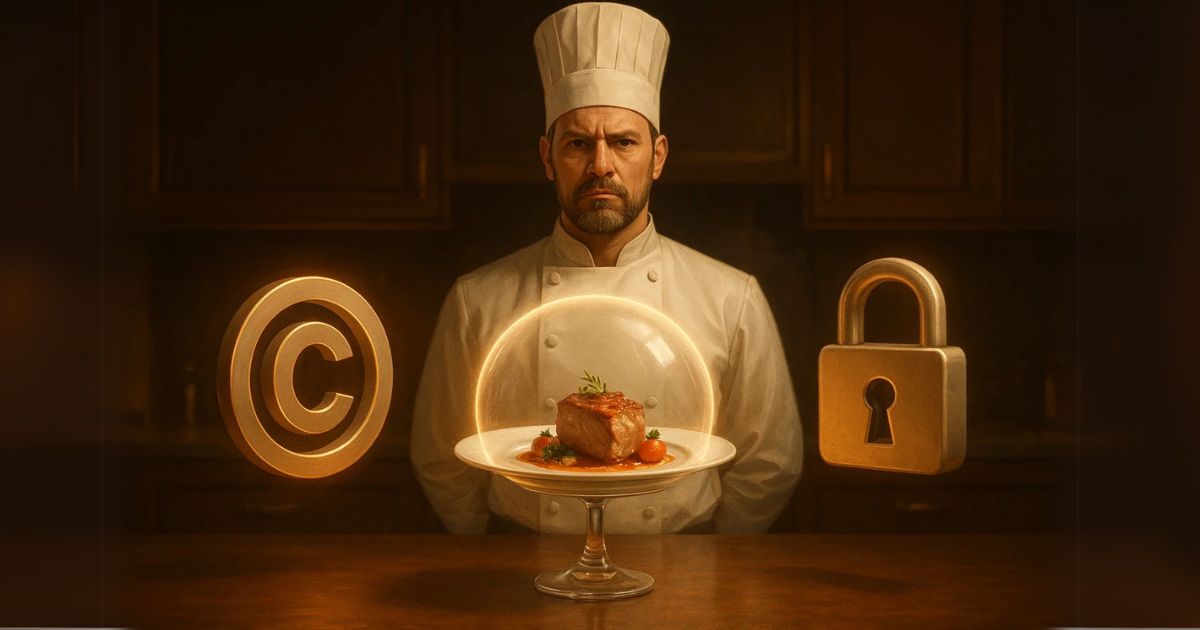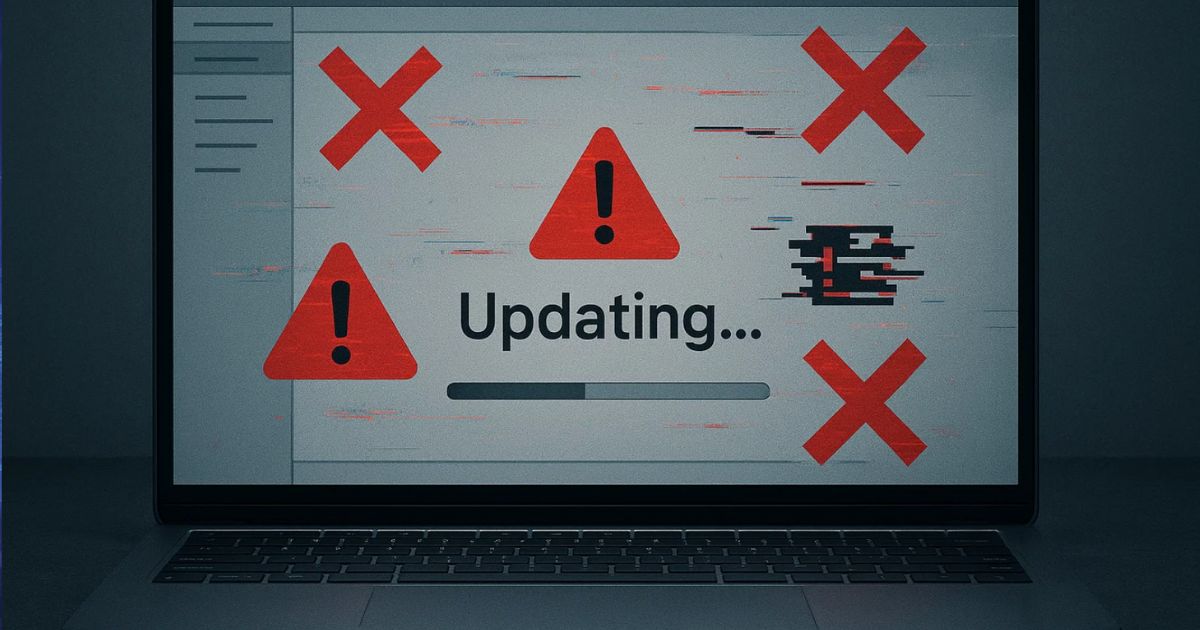Intangible Assets Evaluation
The trademark evaluation service allows you to establish the financial value of one or more intangible assets.
As intellectual property experts, we deal on a daily basis with the valuation of trademarks, software, patents, know-how, etc. The evaluation of intangible assets is a specialised activity that, besides the need for the competence of an expert for their economic appraisal, also requires the advice of an intellectual property lawyer. The evaluation of the intangible asset enables both to obtain an economic valuation of it, and to enhance its legal protection and/or performance.
In appraising the intangible asset, the lawyer must verify whether the asset possesses legal identity, whether it is protected and whether it is effectively controlled by its owner or by the person requesting the appraisal.
Do you want to receive now a personalized quote? Click on the “CALCULATE A QUOTE” button below. Answer a few simple questions and you’ll get a quote in less than two minutes.
The most requested intangible asset evaluations are:
Our activity is a “targeted due diligence” with regard to the origin of intangibles (rights and registrations), their ownership (litigation, infringements), and their significant contractual management (historical, current and prospective).
You can contact us by booking an initial consultation appointment (in our office, by phone or even by videoconference). During the appointment, we listen attentively to the clients and assess their protection needs. You can read more in our information sheet dedicated to the first appointment.
Our evaluation activity involves the collection ( with checklists) of significant information and documents, in order to:
- establish the assets and/or investigation perimeter;
- identify the type of intangible asset and its potential relation with other intangibles ( as to function, type of benefits and competitive advantages);
- Verify its legal protection (rights and possible limitations);
- examine the asset’s background and its future life;
- review the related contractual arrangements (R&D, assignments, licences, confidentiality, etc.)
- analyse disputes (past, present and potential);
- analyse the current exploitation of the asset in relation to its potential exploitation.
Intangible Assets Evaluation
Trademark evaluation
Software evaluation
Patent evaluation
Know-how evaluation
Design evaluation
Database evaluation

Just cause dismissal: when courts uphold employer decisions
Dismissal for just cause is the most severe form of employment termination. It is a measure the employer may adopt when an event occurs that [...]

Artificial intelligence and copyright: creativity remains (still) human
In Italy, the relationship between artificial intelligence and copyright is taking clearer shape, thanks to an initial ruling by the Italian Supreme Court and a [...]

Is the software house liable if custom software doesn’t work?
When a company commissions the development of custom software from an external provider, it rightfully expects a working, reliable product delivered on time. However, delays, [...]

Corporate software: how to terminate the contractual relationship with the developer without losing your rights
Terminating a software development project can be a critical juncture for any company—especially in the absence of adequate contractual safeguards. What’s at stake is not [...]

Copyright and images in book publishing: legal guidelines
In the publishing industry, the use of images is never a neutral act. Every photograph, drawing, or illustration may be protected under copyright law, and [...]

Employment stability clauses: when they are valid and what they involve
The stability clause, also known as a minimum duration clause, is an increasingly common feature in employment contracts, particularly in contexts where the company invests [...]

That “artistic value” the European Union doesn’t require (but Italy does)
On April 30, 2025, the Venice Court prohibited the sale of a three-dimensional puzzle called the “Cubo Teorema,” judging it too similar to the famous [...]

“Looks like a sponsor, but isn’t”: the Zalando and UEFA Euro 2020 case
Can a brand appear to be the sponsor of a major sporting event without actually being one? And more importantly: can it do so without [...]

“Cat Nat” insurance for SMEs: what changes in 2025

Defending innovation in the kitchen: patents, designs, and the chef’s secrets

NDA and disloyal clients: the case of stolen projects and confidential materials
